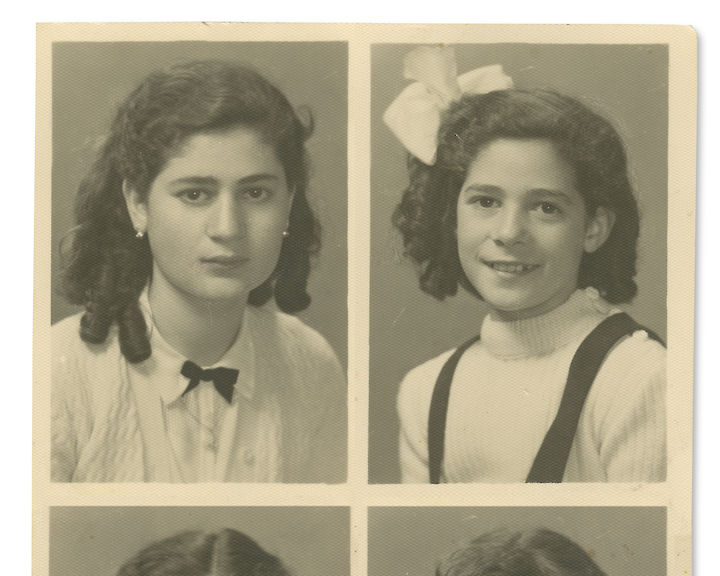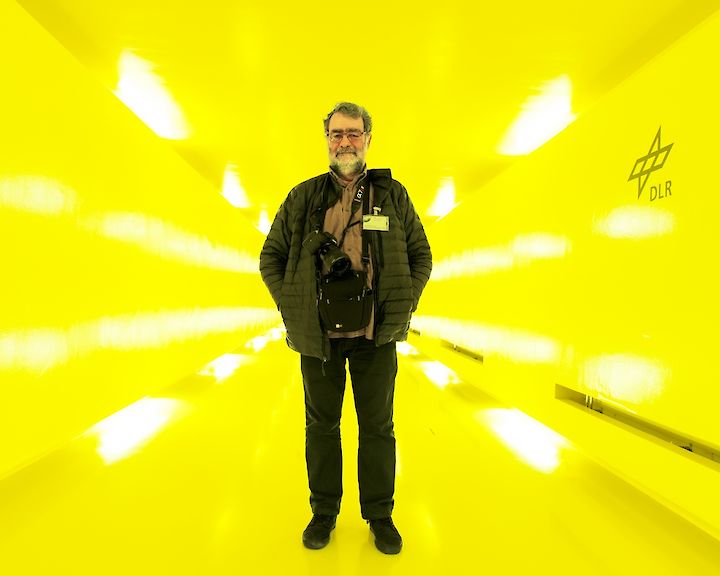
In her project for Artist Meets Archive in collaboration with the Rheinisches Bildarchiv, Lilly Lulay explores the question of how artificial intelligence views images and what, in comparison, guides its own artistic attention when viewing images. The basis for this is the archive of the Cologne (stereo) photographer Karl-Heinz Hatlé, who travelled many parts of the world from Europe to Latin America and Asia between 1961-1999, capturing the first signs of a globalised world of goods with his camera. Together with students from the Holweide Comprehensive School, Lulay reflects on today's image culture, which is shaped by algorithms and image recognition programmes. In her works, photographs are literally deconstructed so that perception is directed from the visual surface to the material, technical and social structures in which our photographs are embedded.
In Lilly Lulay's current projects, she investigates the influence of the smartphone on our everyday photographic culture and collective social behaviour. In doing so, Lulay identifies the smartphone as a popular photographic tool that has not only produced new globally networked image cultures, but also new forms of normative control and social surveillance. These functions are located at the beginning of the history of photography and find their extensions in today's techniques of facial recognition, location tracking and commercial and political targeting. Her current research therefore revolves around topics such as Big Data, AI, digital colonialism and the concept of surveillance capitalism developed by Shoshana Zuboff.In her works, these images are being literally deconstructed so that perception is diverted from the visual surface to the material, technical and social structures in which our photographies are embedded.
Participants
Between 2018 and 2024, 4 editions of the Artist Meets Archive programme have been realized so far. A total of 20 artists took part and presented their projects at the Photoszene Festival in Cologne.













